
Our Approach To
Evidence translation and dissemination are at the heart of what we do.
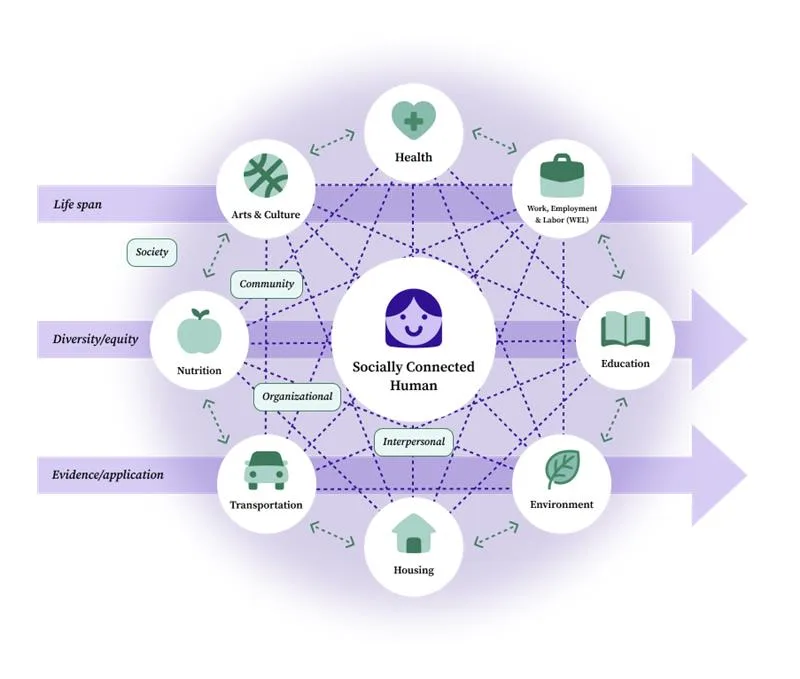
Developed in partnership with our Scientific Leadership Council (SLC) of interdisciplinary experts, the Systems Approach of Cross-sector Integration and Action across the Lifespan (SOCIAL) Framework facilitates and accelerates progress toward a society that values social connectedness across the lifespan and in all societal domains. Research indicates the severity of social disconnection, but we lack a roadmap to help individuals, communities, and society at large become more connected and less socially isolated and lonely.
We know that finding measurement tools and effective solutions can be a challenge. The Foundation has created these tools and written supports to serve as a starting point for change-makers and leaders looking for guidance. Diverse thoughts and perspectives are important to us, so each resource offers opportunities to provide your feedback. Together, we can continue to expand our collective knowledge and improve these tools!
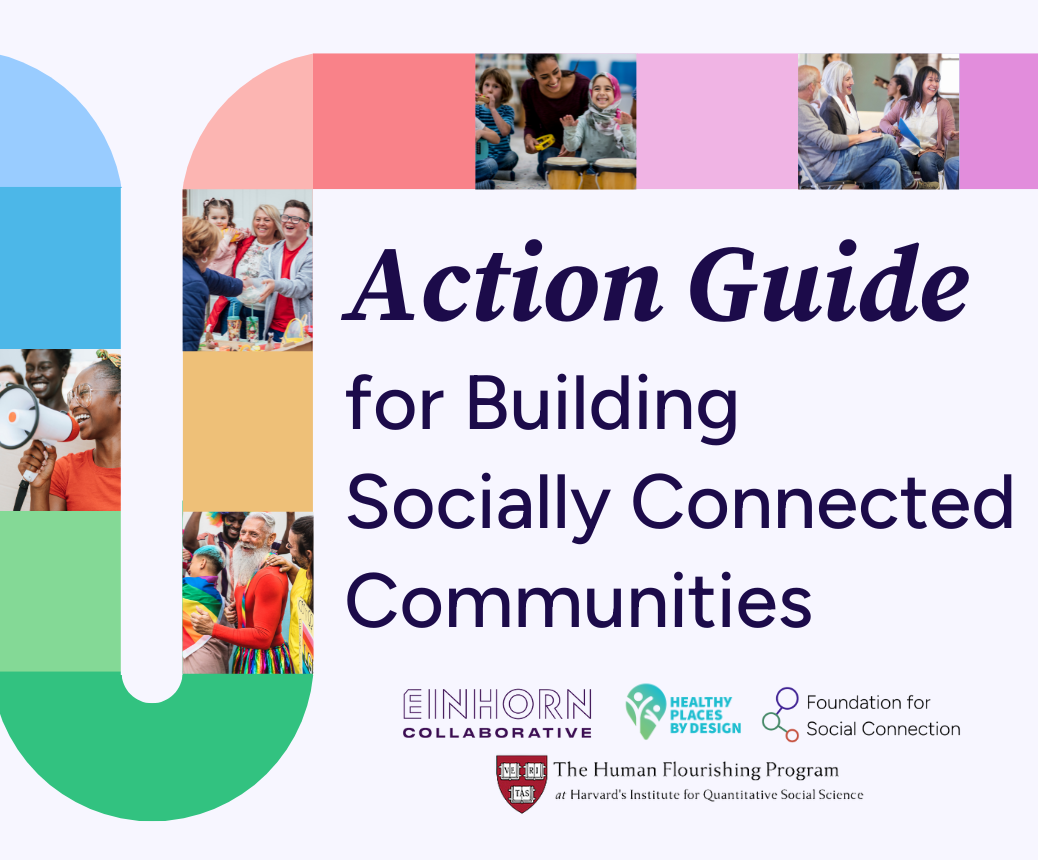
Designed for local leaders and change-makers, this guide features a six-step process to engage partners and community members in implementing strategies to foster social connection. We invite you to use this interactive website to bring together local leaders and members within your community to co-create effective, sustainable social connection action plans. Join us as we work to build connected communities across the nation.

Are you interested in measuring social connection, social isolation, or loneliness in your work? Whether it is to evaluate the impact of your interventions or screen patients, there are a wide range of tools available to measure these concepts. Check out our Social Connection Measurement Tools Inventory below for information on 55+ measures, including target demographics, methods of measurement, research on psychometric properties, and more!
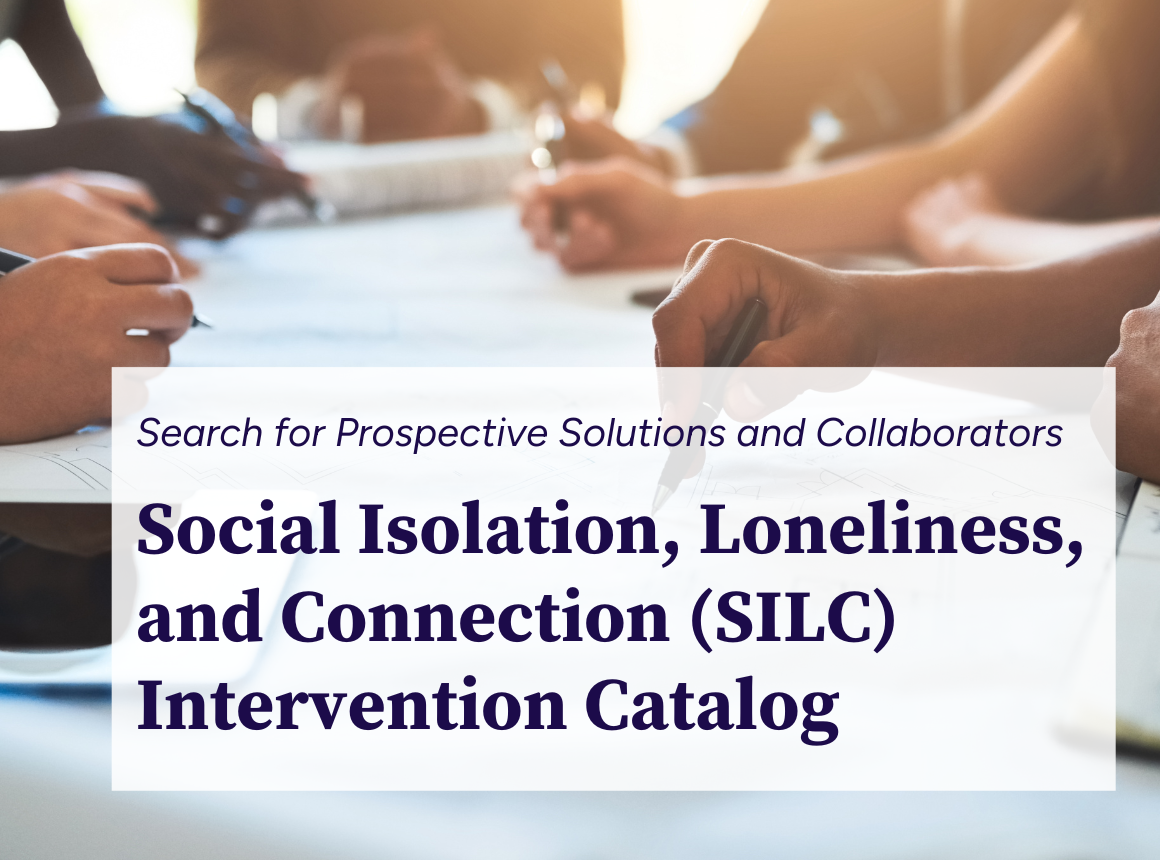
This catalog compiles a range of interventions, solutions, and services designed with the primary goals of fostering social connection and/or addressing social isolation and loneliness. Our aim is for this catalog to function as a repository for these interventions, offering a valuable resource for individuals in search of prospective solutions and collaborators.
*Please be aware that the interventions featured in this list have been gathered through open submissions and do not carry the endorsement of the Foundation for Social Connection in terms of their evidence and effectiveness.
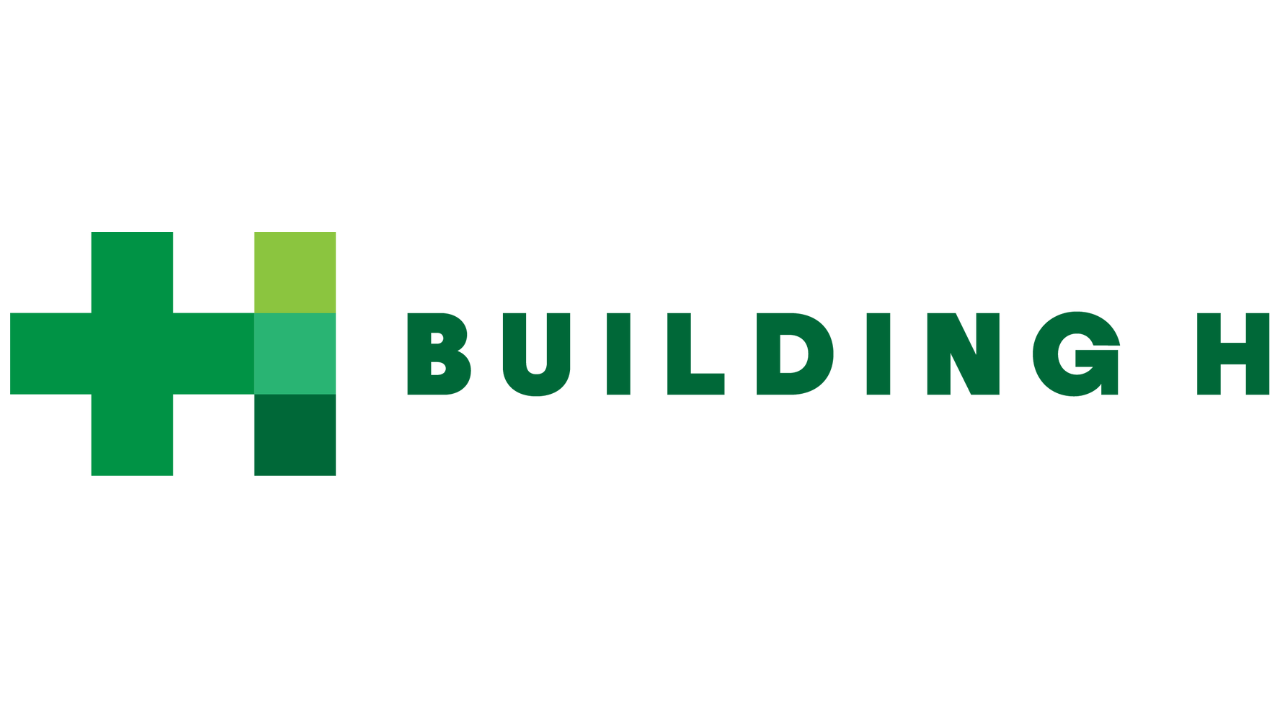 Evaluating Influence of Services on Social Connection
Building H Index
Evaluating Influence of Services on Social Connection
Building H Index
With a team of our Scientific Advisory Council members, we advised Building H on ways the Building H index can evaluate the influence of products and services on the social connection of their customers and identified further opportunities for these products and services to foster social connection. The index assesses and ranks the products and services of companies in different industries across health-related behaviors.
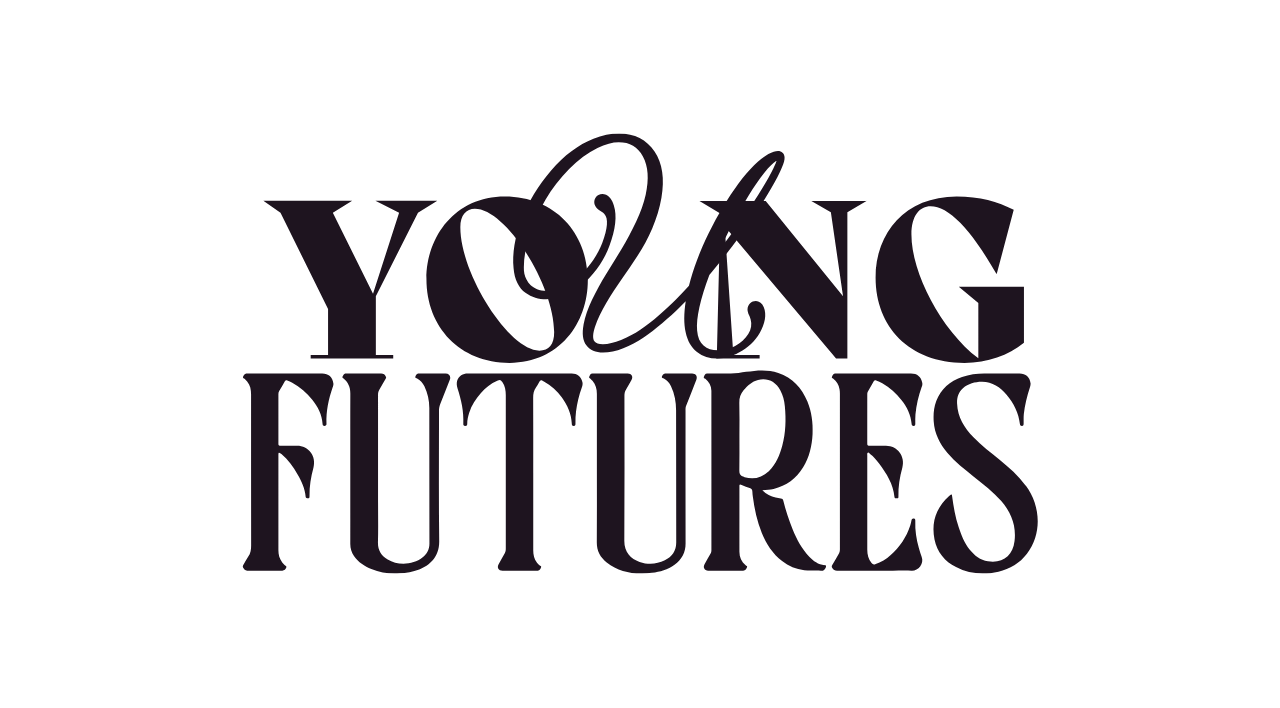 Promoting Social Connection in a Tech Driven World
Young Futures Funding Challenge
Promoting Social Connection in a Tech Driven World
Young Futures Funding Challenge
In partnership with Young Futures, we launched a $1 million open funding call to support emerging nonprofits working to promote social connection, teen belonging, and well-being in a tech driven world. We worked with the team to support their identification of promising, evidence-informed organizations focused on building social connection for youth.
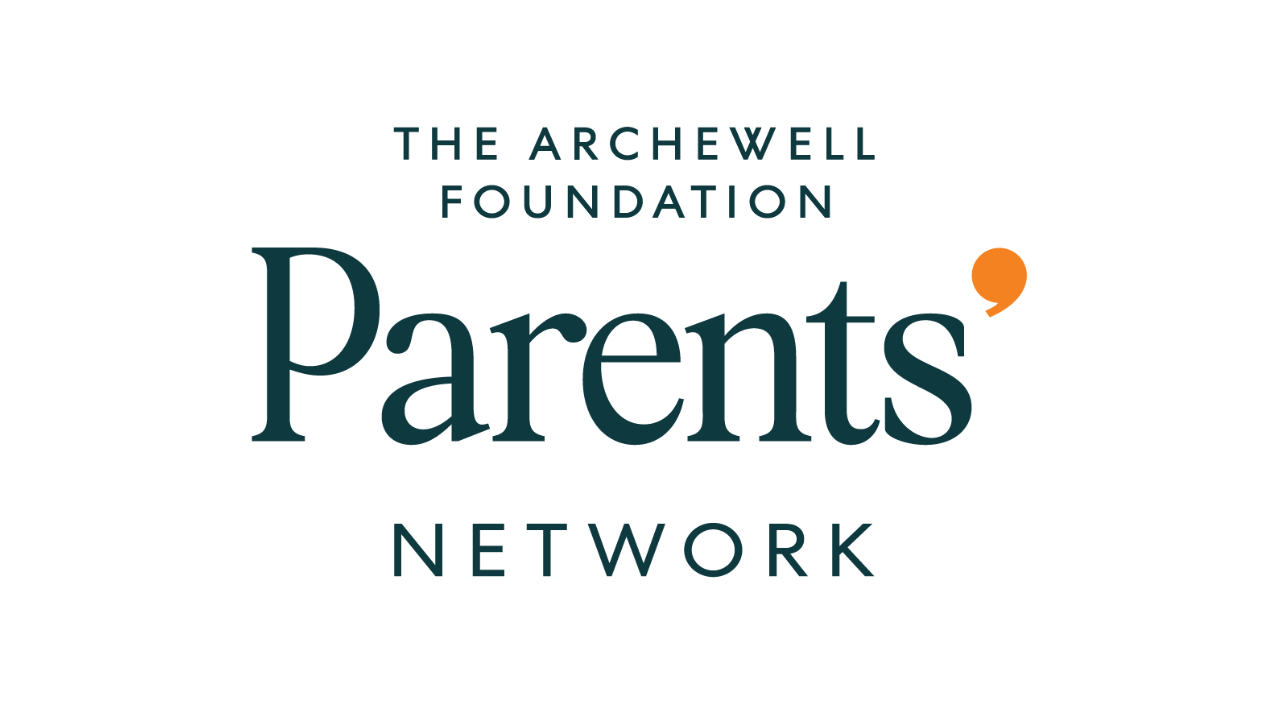 Healing Through Connection
The Archewell Foundation Parents’ Network
Healing Through Connection
The Archewell Foundation Parents’ Network
The Archewell Foundation is supporting a network for parents whose children and families have been impacted by online harm. This community is a place for parents to convene, to heal, and to help prevent future loss and harm from occurring to other families around the world by sharing their stories. The Foundation for Social Connection supports this initiative by developing measurement and evaluation frameworks to track the impact of this network.
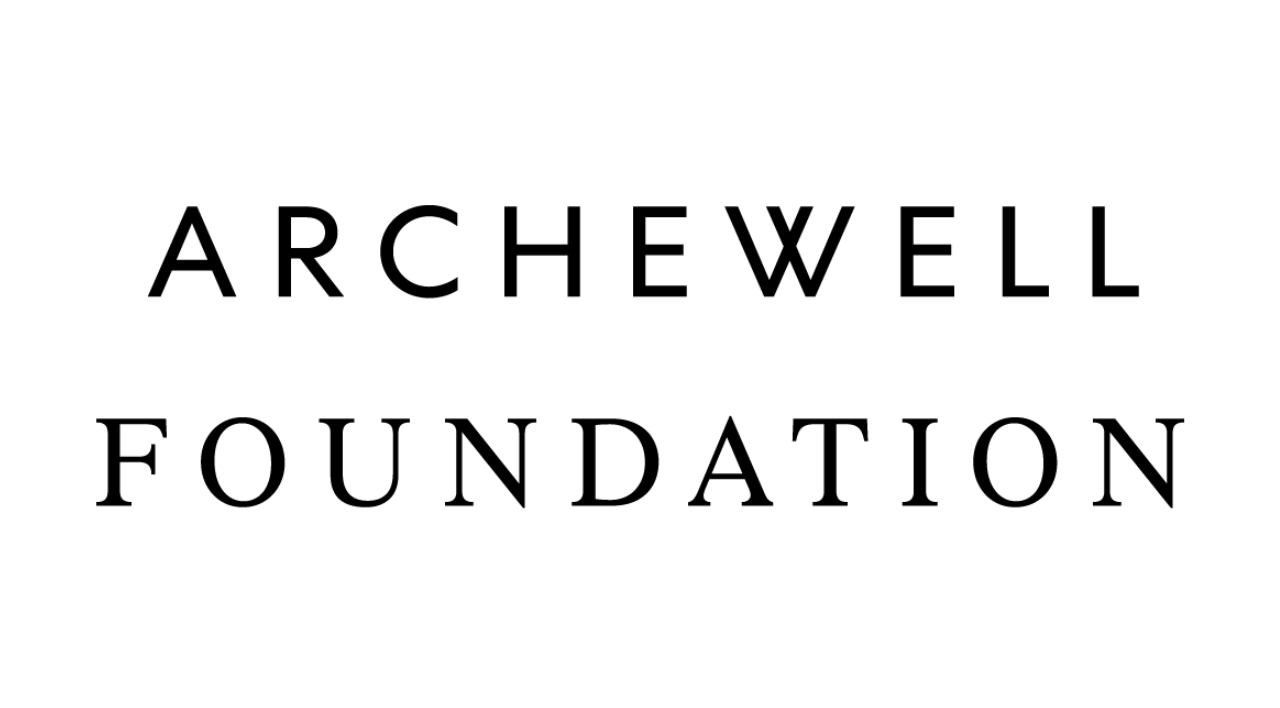 Building Connected Communities for Resettled Women
The Archewell Foundation – The Welcome Project
Building Connected Communities for Resettled Women
The Archewell Foundation – The Welcome Project
The Welcome Project, launched by The Archewell Foundation, supports women-led programming for recently resettled Afghan women to help build more inclusive and connected communities. Currently, there are 11 active Welcome Projects across the US designed to foster a sense of belonging through activities including sewing, art, hiking, swimming, photography, storytelling and cooking. The Foundation for Social Connection partnered with Archewell to provide technical assistance to grantees as well as developed and conducted the evaluation methodology to measure the impact of the organizations to decrease social isolation through intentional community building.
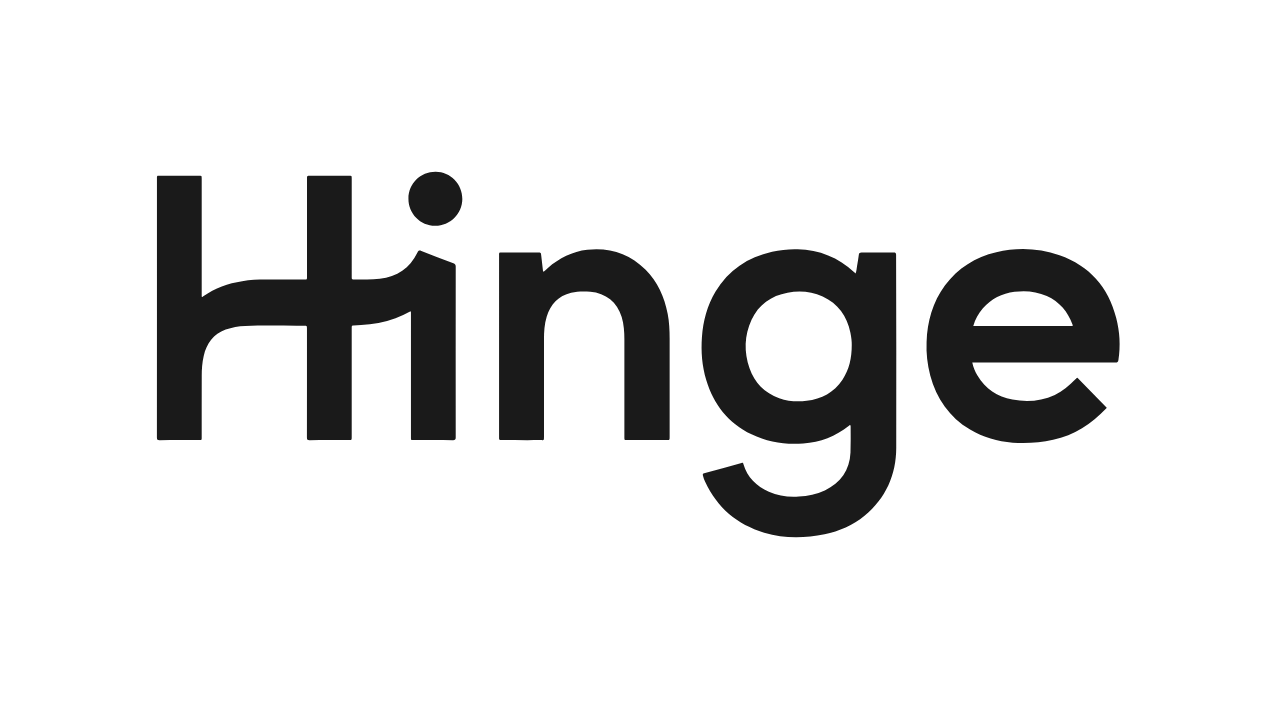 Fostering Connections Among Gen Z “IRL”
Hinge One More Hour
Fostering Connections Among Gen Z “IRL”
Hinge One More Hour
Hinge’s One More Hour initiative is aimed at mobilizing young adults to add more in-person connection to their lives. The program provided grants, totaling $1M, to social groups and organizations dedicated to addressing our loneliness epidemic and helping Gen Z find belonging and community in person. By supporting the grant development process, sharing evidence-based resources and practices with selected social groups, and uplifting this initiative, the Foundation for Social Connection is supporting more in-person connection time for Gen Z.
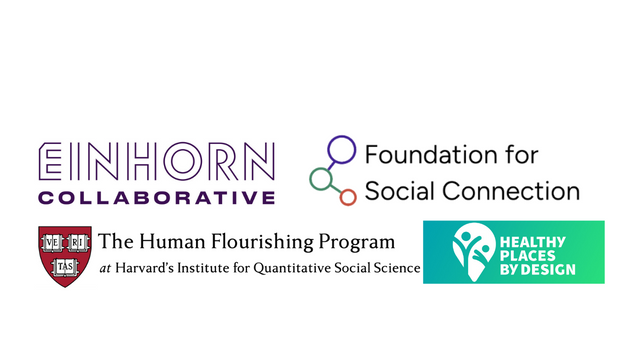 Designing actionable solutions for local leaders
Action Guide for Building Socially Connected Communities
Designing actionable solutions for local leaders
Action Guide for Building Socially Connected Communities
As a part of a multi-year initiative in partnership with the Einhorn Collaborative, Harvard Human Flourishing Program and Healthy Places by Design, we created the interactive Action Guide to equip local leaders with evidence-informed toolkits containing practical approaches to build more socially connected communities.
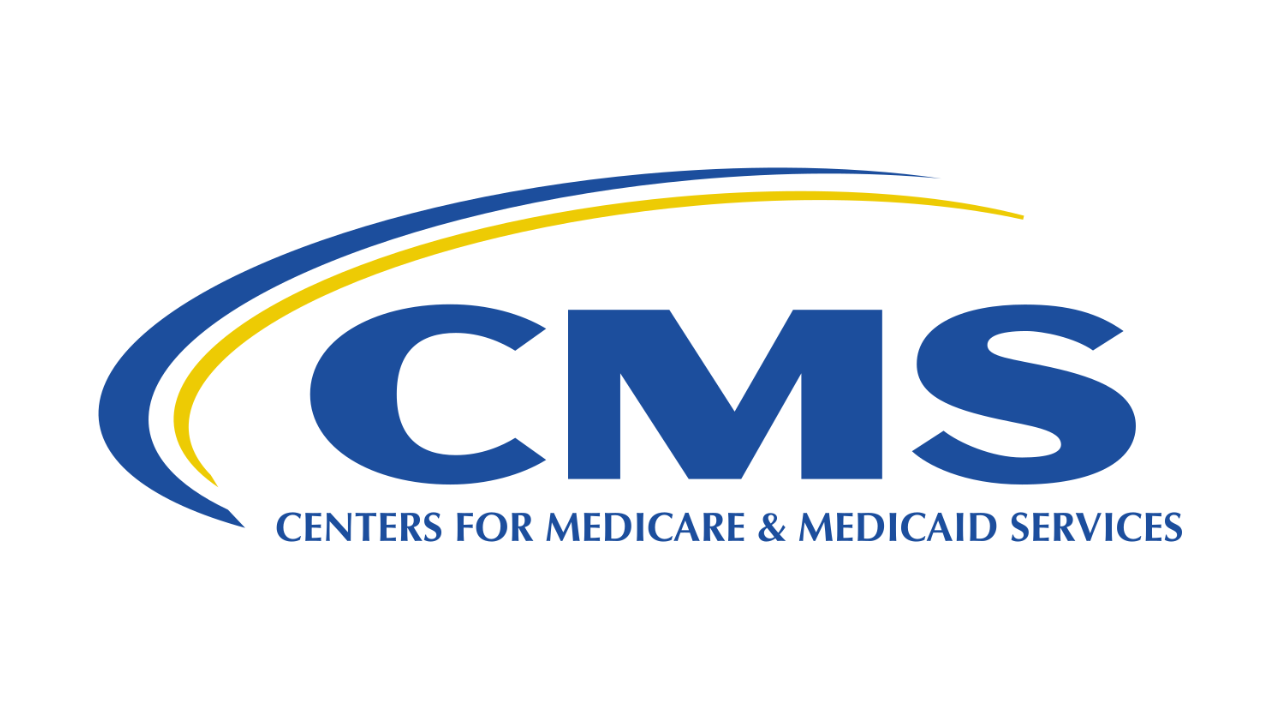 Cultivating Connection Between Students & Older Adults
CMS PALS
Cultivating Connection Between Students & Older Adults
CMS PALS
With a QIO grant from the Centers for Medicare and Medicaid Services, we designed and implemented the Community Providers and Local Students (PALS) pilot program in Houston, Texas. This program aims to advance equity and meaningful connections by pairing older adults in nursing homes with medical professional students through focused learning, social prescribing, and in-person visits to enhance the well-being of residents.
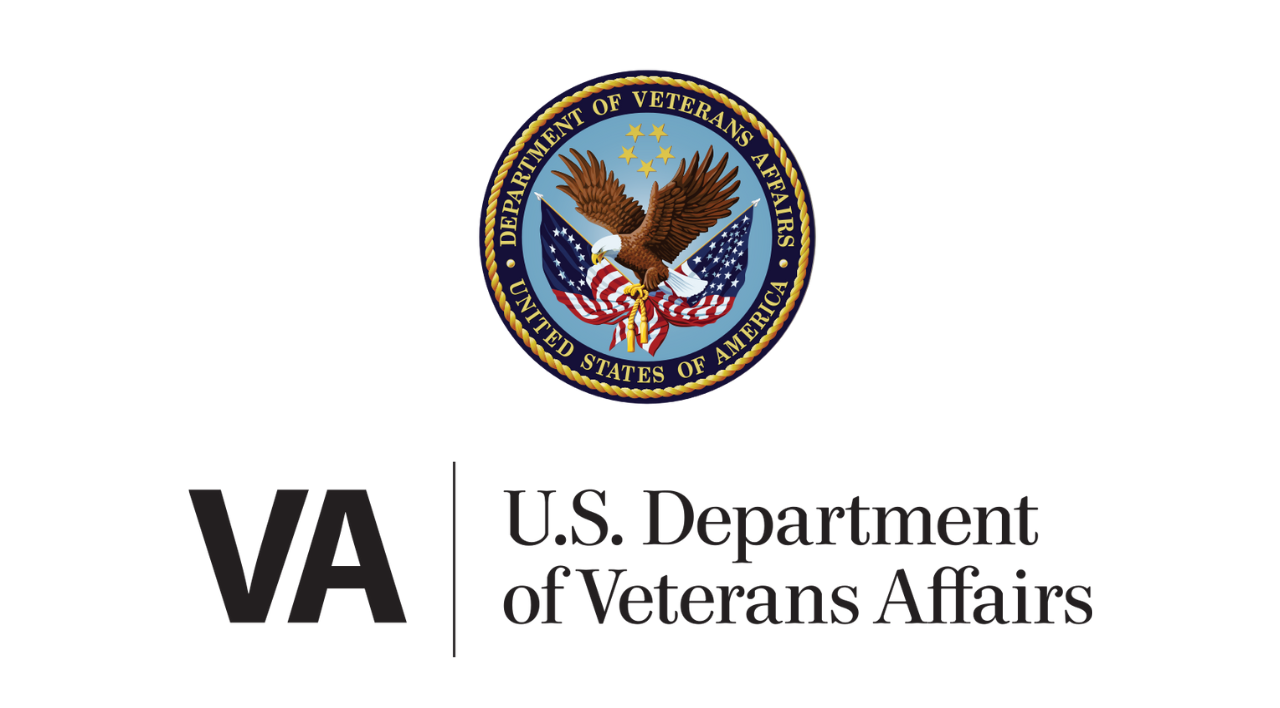 Preparing Students to Support Socially Isolated Veterans
Department of Veterans Affairs Social Connection Course
Preparing Students to Support Socially Isolated Veterans
Department of Veterans Affairs Social Connection Course
In partnership with The Department of Veterans Affairs (VA) Center for Minority Veterans (CMV), we are evaluating the impact of a new social prescribing course for medical students. This Introduction to Social Connection course will inform students on the significance of social connection as a social determinant of health, and help students develop the skills to practice social prescribing with a focus on improving veteran well-being.
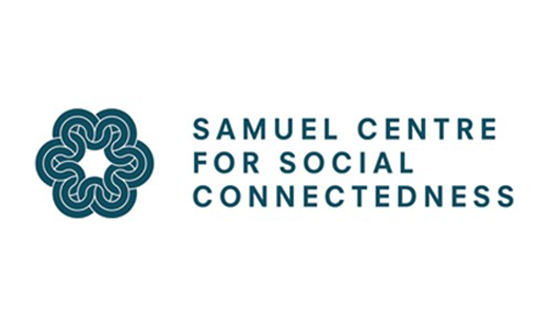 DESIGNING & EVALUATING INTERVENTIONS FOR IMPACT
Social Connection Measurement Tools Inventory
DESIGNING & EVALUATING INTERVENTIONS FOR IMPACT
Social Connection Measurement Tools Inventory
In partnership with the Samuel Centre for Social Connectedness, we have developed a resource, Social Connection Measurement Tools Inventory, which houses information on 55+ measures, including target demographics, methods of measurement, research on psychometric properties, and more!
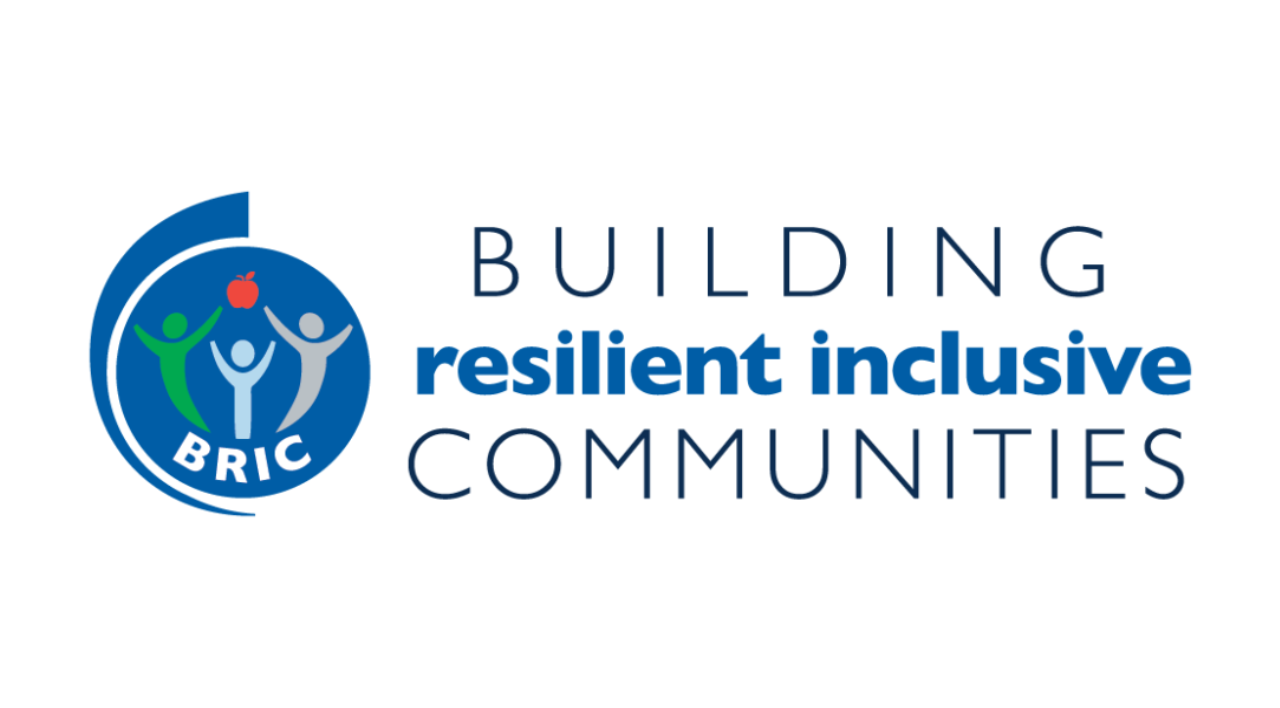 Providing Technical Assistance to state public health departments
Public Health Community Approaches
Providing Technical Assistance to state public health departments
Public Health Community Approaches
A grant initiative for 20 states to promote healthy living and reduce social isolation during the COVID pandemic. The Foundation for Social Connection is part of a team of national experts, supporting state health departments and other organizations as they work with local communities on improving safe access to physical activity, promoting healthy eating through improved food and nutrition security, and reducing isolation and loneliness.
 Developing a social connectedness blueprint for state Medicaid plans
State Medicaid Strategies
Developing a social connectedness blueprint for state Medicaid plans
State Medicaid Strategies
Innovative leaders such as United Healthcare are key in working to develop and operate under new innovative programs, delivery, and financing models that comprehensively address members’ physical, behavioral, and social needs as they relate to social isolation, loneliness, and social connection. We have partnered to build and deploy a strategic playbook on social connectedness with plan leaders across the enterprise.
 Strengthening Interpersonal Relationships
Online Friendship Building
Strengthening Interpersonal Relationships
Online Friendship Building
From the initial idea phase, we worked with the team at Hey You to ideate, research, and provide scientific insights on relationship skills building. Once the solution was built, we tested with our network and provided key feedback to the development team. Hey You is a different type of social network — one solely about spending more time talking with someone important in your life. A bit further in the development phase, we supported the Kinnd team in identifying appropriate measurement tools and data collection protocols for their application. On the Kinnd app, the “currency of connection” is vulnerability, generosity and reciprocity. The solution seeks to reduce loneliness and increase feelings of belonging.